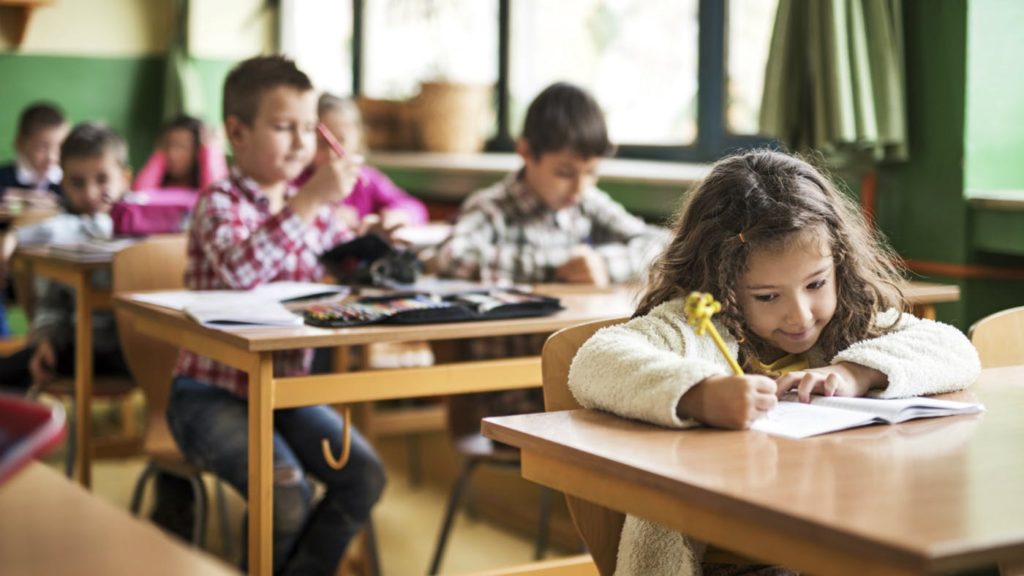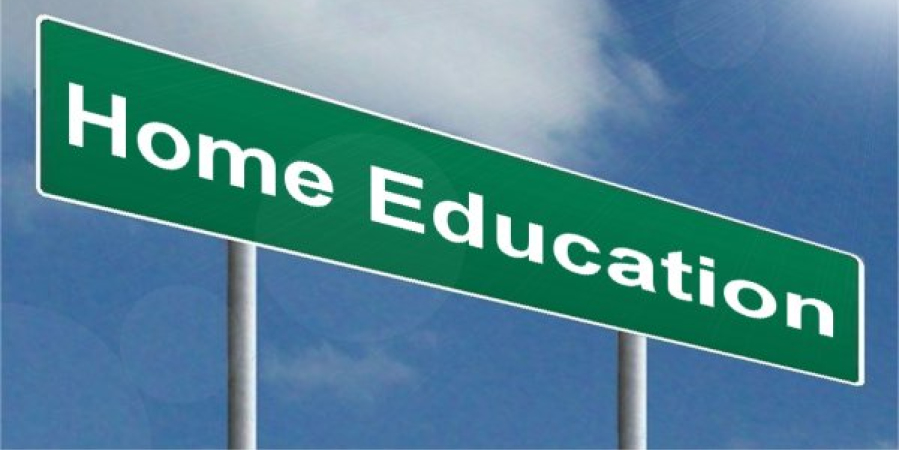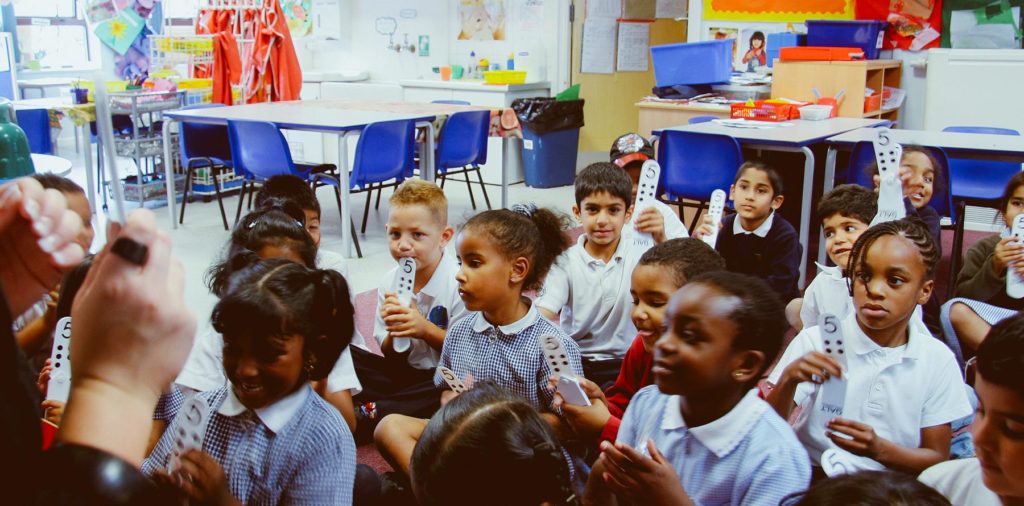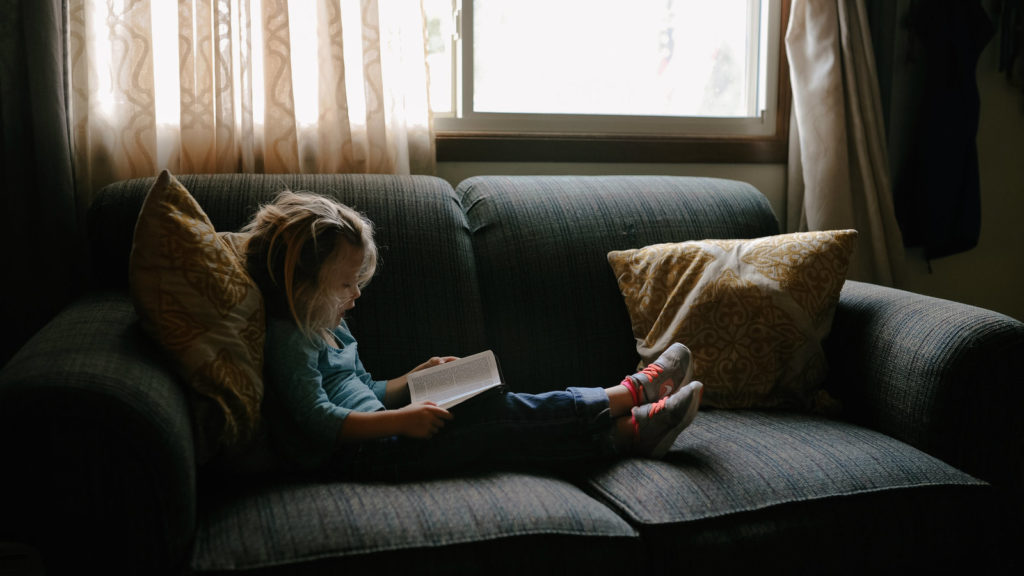Education and the Integrated Communities Strategy
 This week, the government published its Integrated Communities Strategy. The concept of social cohesion is nothing new – Professor Ted Cantle produced a similarly detailed report in 2001. In 2016, Dame Louise Casey, the then government integration tsar, produced a further Review into the state of social integration. You may be forgiven for thinking that nothing has changed in nearly 20 years.
This week, the government published its Integrated Communities Strategy. The concept of social cohesion is nothing new – Professor Ted Cantle produced a similarly detailed report in 2001. In 2016, Dame Louise Casey, the then government integration tsar, produced a further Review into the state of social integration. You may be forgiven for thinking that nothing has changed in nearly 20 years.
However, while it may be true that social cohesion has not improved, the ideologies underpinning these reports are very different. Where Cantle talked about people living on parallel train tracks, often defined by faith, Casey talked about ‘less progressive religious communities’ who are ‘taking religion backwards and away from 21st century British values and laws’. Where Cantle suggested a 25 per cent cap on faith school places, Casey opined that ‘it is not okay for Catholic schools to be homophobic and anti-gay marriage.’
So where does this latest attempt pitch the government with regard to religious belief? Sajid Javid, Secretary of State for Housing, Communities and Local Government defines integration as ‘communities where many religions, cultures and opinions are celebrated, underpinned by a shared set of British values that champion tolerance, freedom and equality of opportunity … values which include a proud history of defending people’s right to practise their religion within the law …’ So is it defending religious freedom?
The Strategy devotes a complete chapter to education, sweeping up all the current discussions surrounding illegal and unregistered schools, home education and schools where extremist materials have been seen by Ofsted inspectors. Why target schools? Because schools are the only place where you have most of the nations’ children in one place at one time – convenient to deliver propaganda. The problem, of course (as Amanda Spielman recently lamented) is that children only spend 20 per cent of their time in school – it’s the other 80 per cent that makes all the difference; although the government now has a plan for that, too.
Fundamental British Values figure large in the Strategy. Ofsted intends to beef this up in its inspection process, ensuring that integration is a factor in categorising schools. The same is true of all new free school applications. In the document, these values are defined as ‘democracy, the rule of law, individual liberty and mutual respect’. So far, so good. Except that in the minds of the liberal glitterati (with Ofsted as the state-approved enforcer) this also encompasses every liberal ideology they espouse, including LGBT rights prioritised over those of all others and the active promotion of transgender ideology from the earliest years in school.
While nobody would argue with the compulsory registration of illegal schools (which are not, as Ofsted likes to suggest, mostly religious settings), the closer regulation of private schools is a direct threat to parental freedom. Many small independent schools are religious in character, chosen by parents who want to raise their children within their faith. The government is ‘committed to taking a firmer approach to enforce standards when there is evidence of noncompliance’. Noncompliance with standard safeguarding practices? Or noncompliance with the relentless march of liberalism, even when it conflicts with the tenets of faith?
The situation with home education remains confused. While there appears to be some attempt to differentiate between illegal or unregistered schools and home education, there is still no apparent awareness of the difference between elective and enforced home education, the latter growing because the state system has failed children to the point where parents have no other option open to them.
The battle waged unabated in the media, with The Times claiming that registration would go ahead anyway (that later turned out to be either fake news, wishful thinking or poor journalism) while the DfE responded by saying that compulsory registration was ‘categorically not in the green paper’. Meanwhile, with Louise Casey ignoring the facts and calling for home ed parents to be forced to opt out of education (registration by the back door) Lord Soley’s bill continues on its path.
There are two other deeply worrying decisions raised in this green paper. The first relates to the compelling of parents to accept the decision of their child’s school regardless of personal belief. It states that ‘Pupils have the right to manifest a religion or belief, but not necessarily at all times, in all places or in a particular manner’.It is probably a knee-jerk reaction to the recent situation at St Stephen’s school, where the head’s ruling on the wearing of a hijab was reversed after ugly pressure.
However, it could equally, in the hands of those wishing to impose a singular ideology, be used to prevent every child in the community expressing faith in any form, on the grounds that to do so would harm the social cohesion of the school. So, at what times will it be inappropriate? In what places? In what manner? To prevent abuse of sloppy law, this must be much more closely defined. Or is the real agenda to stamp out all expressions of religious belief in the public square, apart from the occasional reference to a benign deity who just wants us all to do what makes us happy?
The second concern is the resurrection of the regulation of out of school settings, even before the findings of the consultation are published. Not content with controlling what children hear in school, the government is now bent on controlling what they hear for the other 80 per cent of their lives. Interestingly, when questioned about this by Michelle Donelan MP during an Education Select Committee hearing, Amanda Spielman had absolutely no answer to the question, ‘Are you comfortable with that scenario, where we are constantly subjected to some kind of inspection in our private lives?’
A consultation is offered to sit alongside the Integrated Communities Strategy. If you take part, be aware of the extent of mission creep contained in these proposals – however reasonable and fair they may seem, many of them are just another step along the road to the removal of parental freedom and diminishing of individual rights.
Copyright © 2018 Christians in Education-All rights reserved.
 In order to highlight the unprecedented number of attacks on home education in the press over the last few weeks, most of the articles in this week’s Update relate to the issue.
In order to highlight the unprecedented number of attacks on home education in the press over the last few weeks, most of the articles in this week’s Update relate to the issue.  Home education has dominated the education press for the last couple of weeks. That in itself is unusual, as home educators are not normally the focus of much attention. But the maelstrom swirling around parents who just want to be left alone to educate their children as they wish is of epic proportions. It’s indicative of the raging war in government departments.
Home education has dominated the education press for the last couple of weeks. That in itself is unusual, as home educators are not normally the focus of much attention. But the maelstrom swirling around parents who just want to be left alone to educate their children as they wish is of epic proportions. It’s indicative of the raging war in government departments. Important new data was released by the
Important new data was released by the  The safeguarding bandwagon in relation to home education rolled on throughout the Christmas break.
The safeguarding bandwagon in relation to home education rolled on throughout the Christmas break.  The 2007 Children’s Plan could not have made it clearer: parents bring up children, not governments. That didn’t stop the government of the day commissioning Graham Badman to
The 2007 Children’s Plan could not have made it clearer: parents bring up children, not governments. That didn’t stop the government of the day commissioning Graham Badman to Earlier this month, Sean Hartford, Ofsted’s national education director,
Earlier this month, Sean Hartford, Ofsted’s national education director,  A
A 